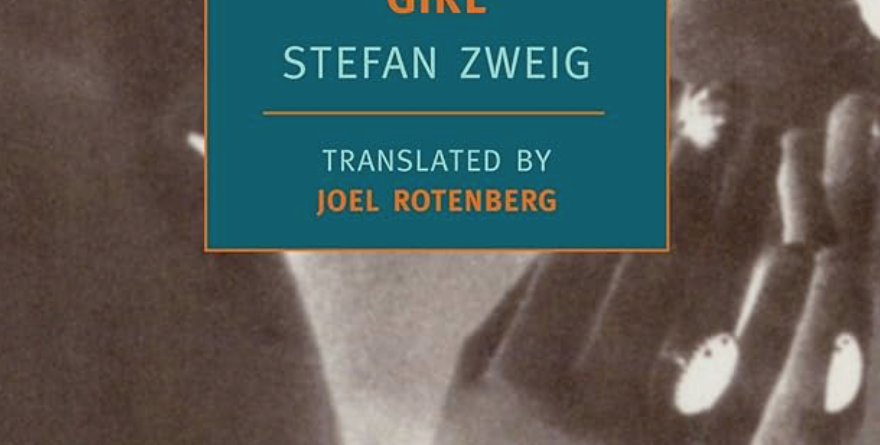Travel Reading – A Couple of Books to Read for Germany
In a few weeks I’ll be taking my son on an epic trip to Munich, Germany. The opportunity presented itself when my cousin and her family (they are stationed in Europe) invited us to join them to vacation at a resort near the Alps. My husband and daughter wanted to stay put this fall, but my son said ‘heck yeah!’ to making the transatlantic trip for the first time.
I’ve never been to Germany. In fact, I’ve only been to Europe twice, more recently during my college years, which is a long time ago now. I wanted to find something to read to prime my brain for Bavaria, but you wouldn’t believe how hard it is to find a book about Germany that isn’t centered around World War I or World War II. I landed on The Post Office Girl after reading this in the book description on Amazon:
Wes Anderson on Stefan Zweig: “I had never heard of Zweig…when I just more or less by chance bought a copy of Beware of Pity. I loved this first book. I also read the The Post-Office Girl. The Grand Budapest Hotelhas elements that were sort of stolen from both these books. Two characters in our story are vaguely meant to represent Zweig himself — our “Author” character, played by Tom Wilkinson, and the theoretically fictionalised version of himself, played by Jude Law. But, in fact, M. Gustave, the main character who is played by Ralph Fiennes, is modeled significantly on Zweig as well.”
Wes Anderson films can be hit-or-miss for me, but I did love The Grand Budapest Hotel.
The Post Office Girl is overwritten and wordy, yet it reeled me in from the beginning. Christine, a young woman working at a post office in a small Austrian town during the aftermath of World War I lives an impoverished and bleak existence, ignorant to the world beyond her poor little town. That is, until her rich aunt invites her to vacation at a resort near the Swiss Alps.
Zewig does a great job walking the reader through this new world as seen through Christine’s eyes. At the resort she’s surrounded by luxuries in clothing, long dinners and dancing, drinks and table games, and joy rides through the countryside.Christine would have been happier never going on the vacation, never having known that others have it so good while she and everyone she knows is completely oblivious to the luxuries and indulgences that others get to enjoy. Hers is a life of hardship, and it just doesn’t seem fair anymore.
After World War I, depending on where you were or who you were, life could be an intense misery or windfall and prosperity. In Christine, Zewig juxtaposes the two sides of that equation. Her experience in the Alps leaves her with a longing that seemed pointless for her because there is no way out of her poverty. It’s in the last act of the novel that Zewig elevates the whole thing as a social commentary, on the haves and have nots in an immovable social hierarchy. To put it bluntly, Christine was born poor, she’s always going to be poor, and there’s nothing she can do about it. Zewig lays all this at the reader’s feet as if to say, “and what do you think about that?”
I loved The Post Office Girl and feel better off having read it. Next on my Germany reading list is The Swan King: Ludwig II of Bavaria.


